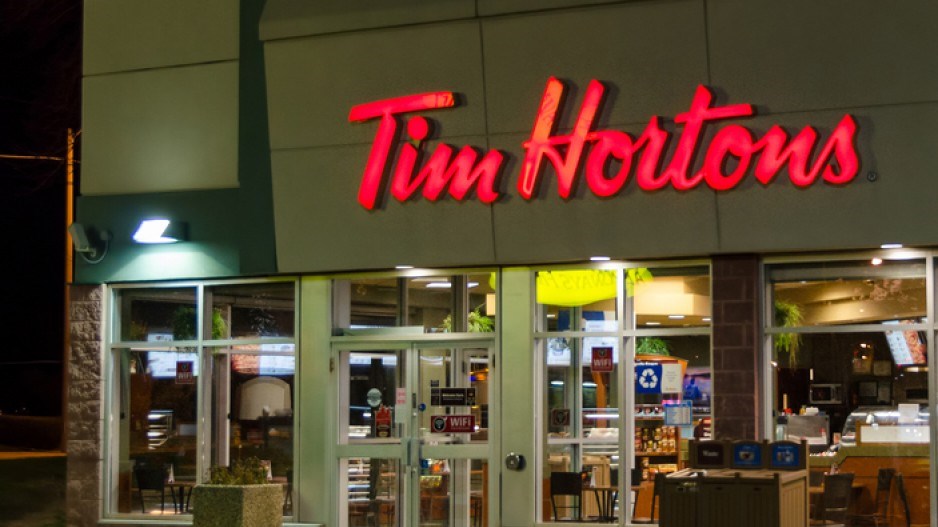Unlike a box of Timbits, the proposed merger between Burger King and Tim Hortons won’t be a sweet deal for Canadians, according to a new report.
An October 30 study from the Canadian Centre for Policy Alternatives (CCPA) examined previous takeovers by Burger King’s private equity owner, Brazil-based 3G Capital, and found a history of aggressive cost-cutting tactics and mass layoffs.
“This isn’t a company that’s coming to Canada with a lot of money to grow the franchise. They have financially engineered the biggest leverage takeover in restaurant history in Canada or the U.S.,” said CCPA senior economist David Macdonald, who contributed to the report.
In August, the two fast-food giants announced the newly merged company would be domiciled in Oakville, Ont. Many viewed the deal as an effort by Burger King to avoid higher corporate taxes in the U.S.
But the proposed deal is being financed with C$13.7 billion in debt and preferred equity, which the report said would put significant pressure on 3G Capital to cut costs.
The significant debt has the potential to reduce the donut chain’s taxes by C$71-133 million annually for the first five years.
The study also noted 740 Canadian employees lost their jobs earlier this year when 3G Capital closed a Heinz plant in Leamington, Ont.
Macdonald added one of the selling points of the deal was that Tim Hortons would be able to expand in the U.S.
However, he noted that did not come to fruition when Wendy’s bought the chain in 1995.
Furthermore, the “monstrous debt” involved with the deal means the company won’t have much money to invest in expansion, according to Macdonald.
The deal wouldn’t only have a negative economic impact on Canadian taxpayers, but would also affect the taste buds of consumers, according to the study.
“When 3G’s founders purchased the Budweiser and Beck’s brands, among others, consumers noticed lower quality and higher prices,” the report said.
“If 3G Capital follows a similar model at Tim Hortons, Canadians will end up paying more for lower quality donuts and coffee.”
Macdonal added that it was under the watch of Wendy’s when Tim Hortons switched from making fresh donuts to baking goods at a centralized location and then shipping the products to outlets.
He said it’s possible a similar cost-cutting measure could be implemented if the deal passes regulatory processes and the new regime takes over.




